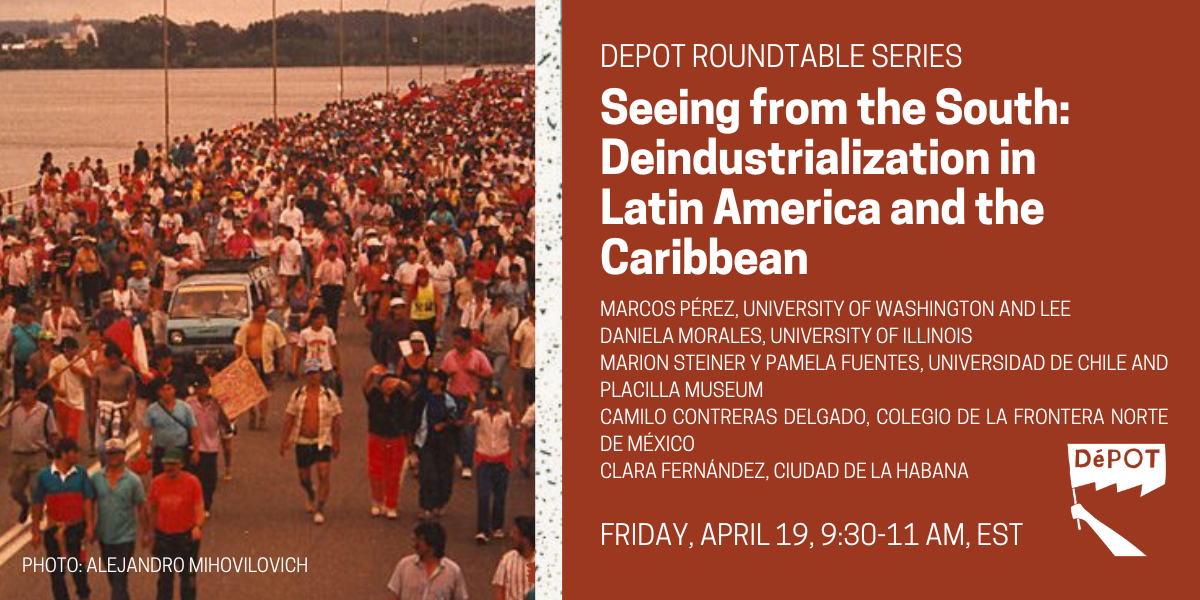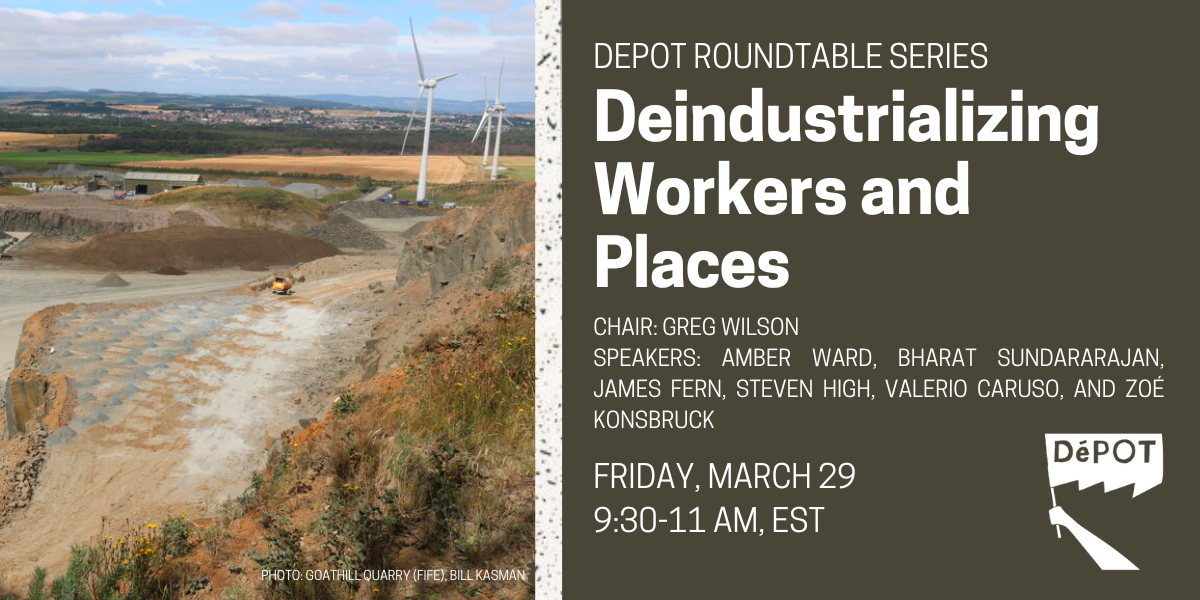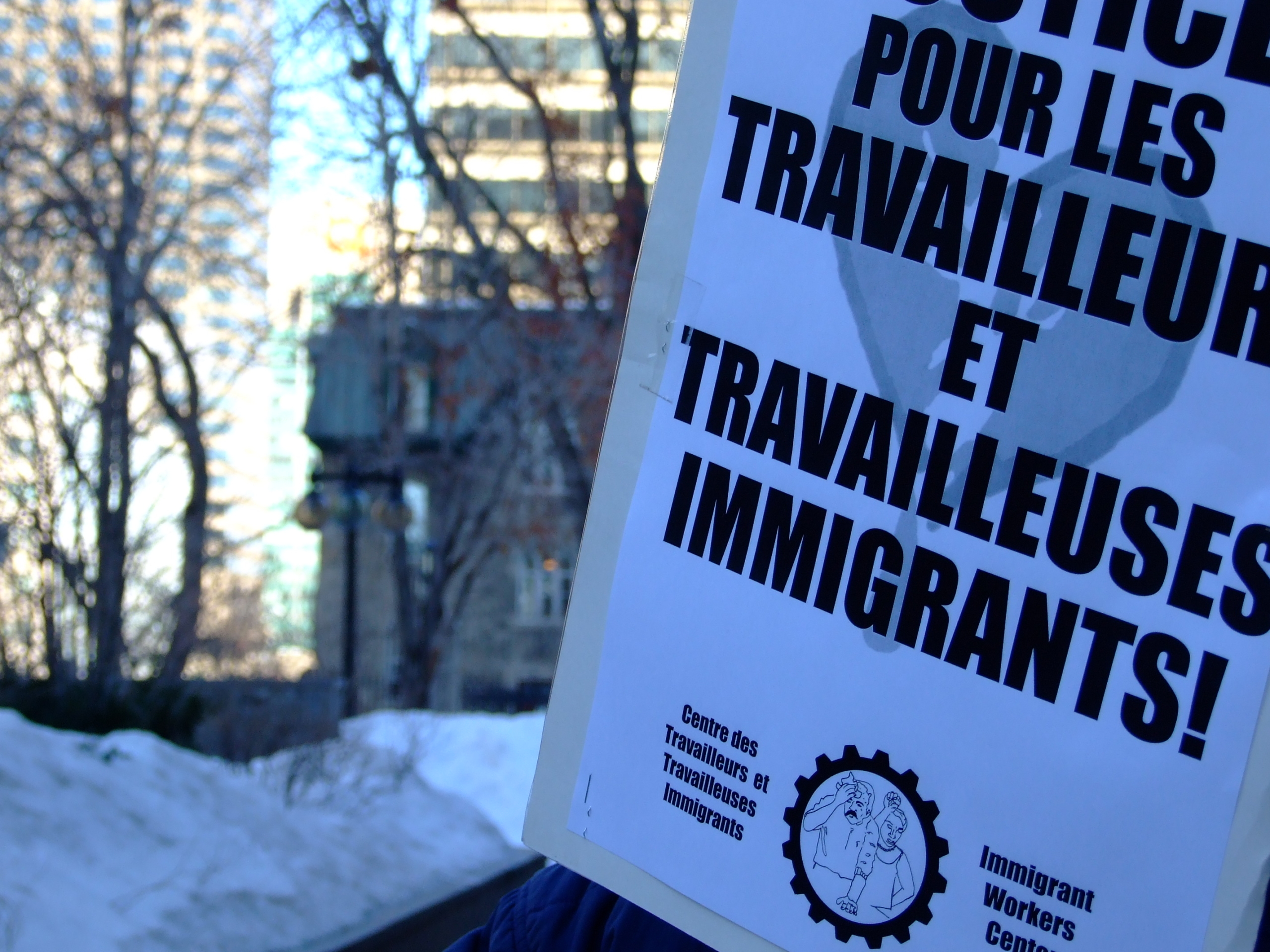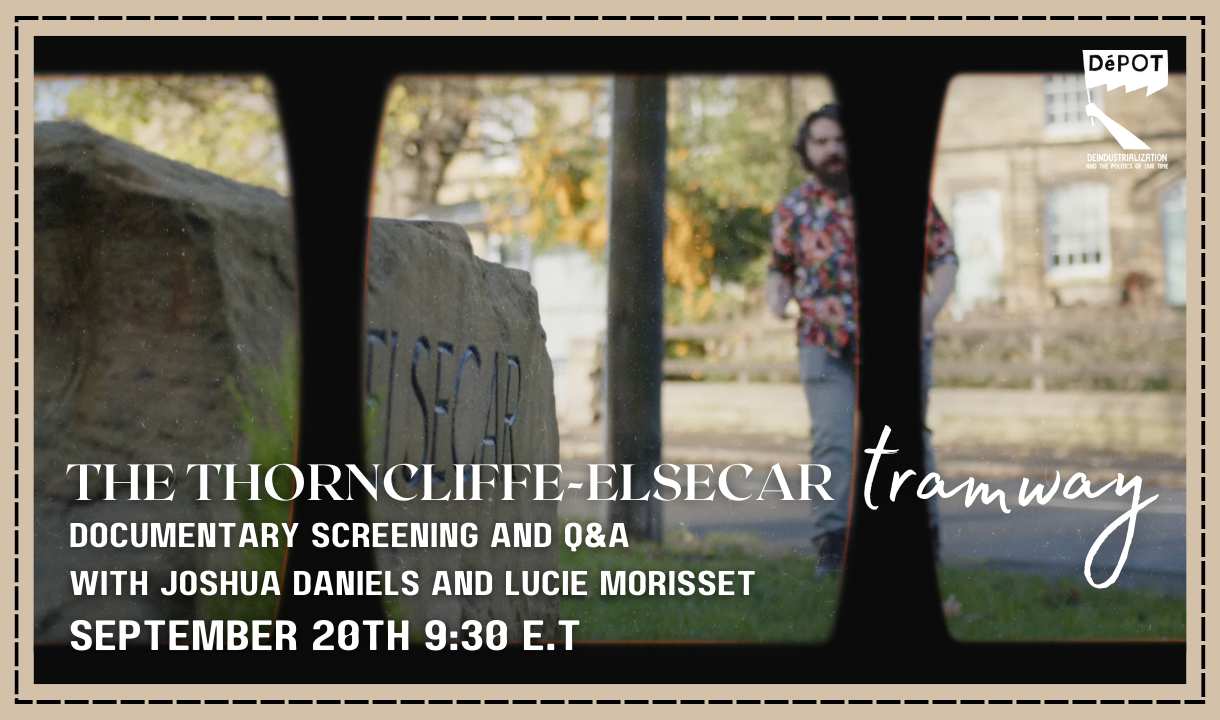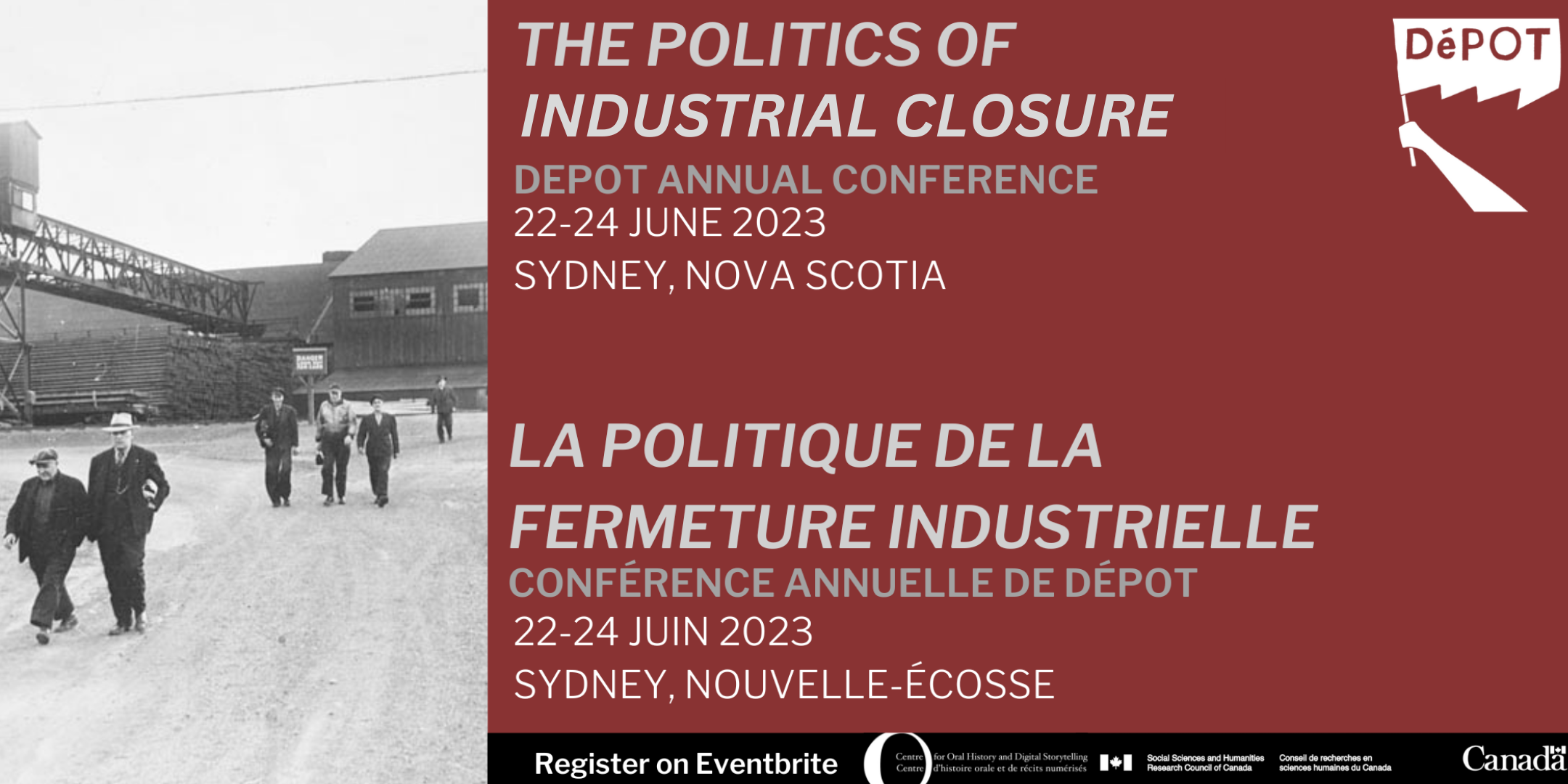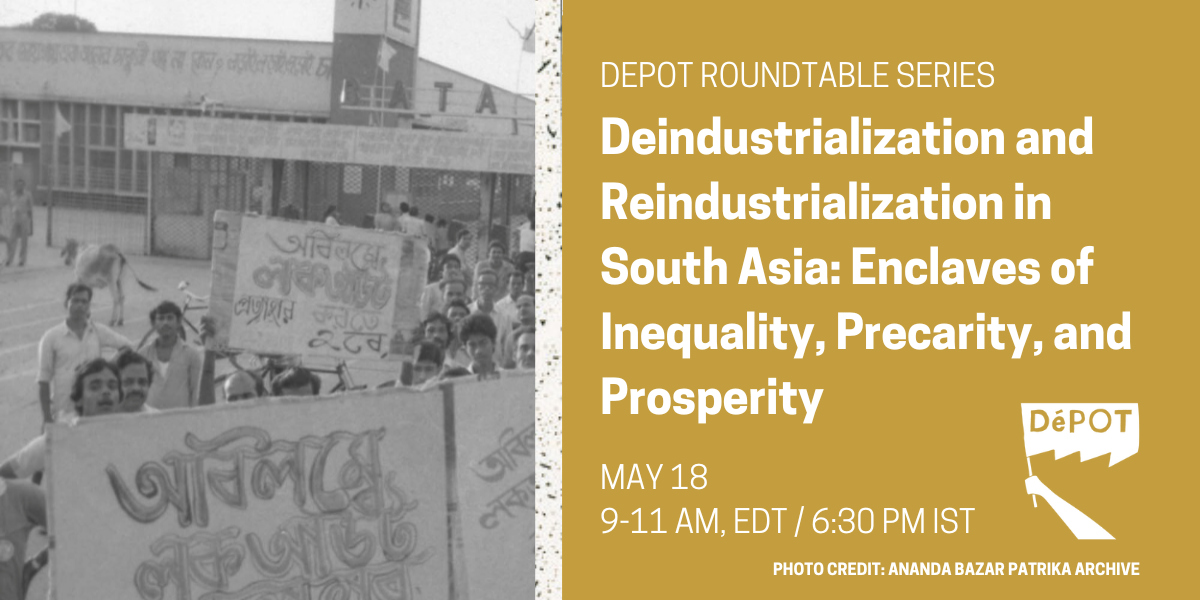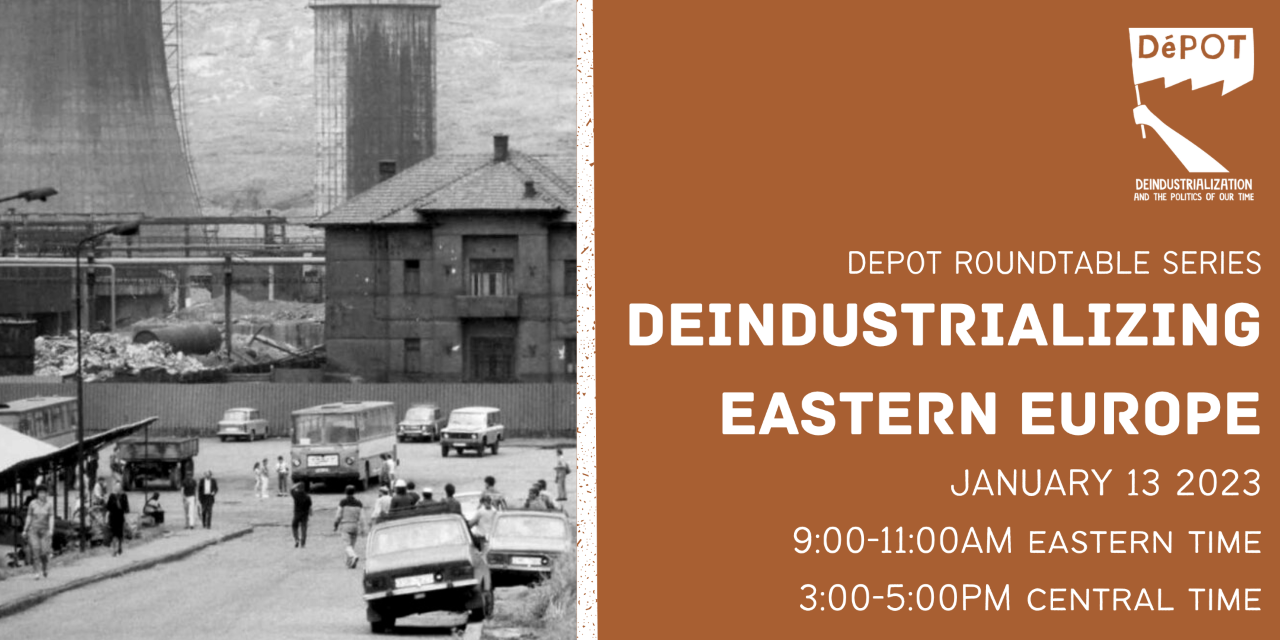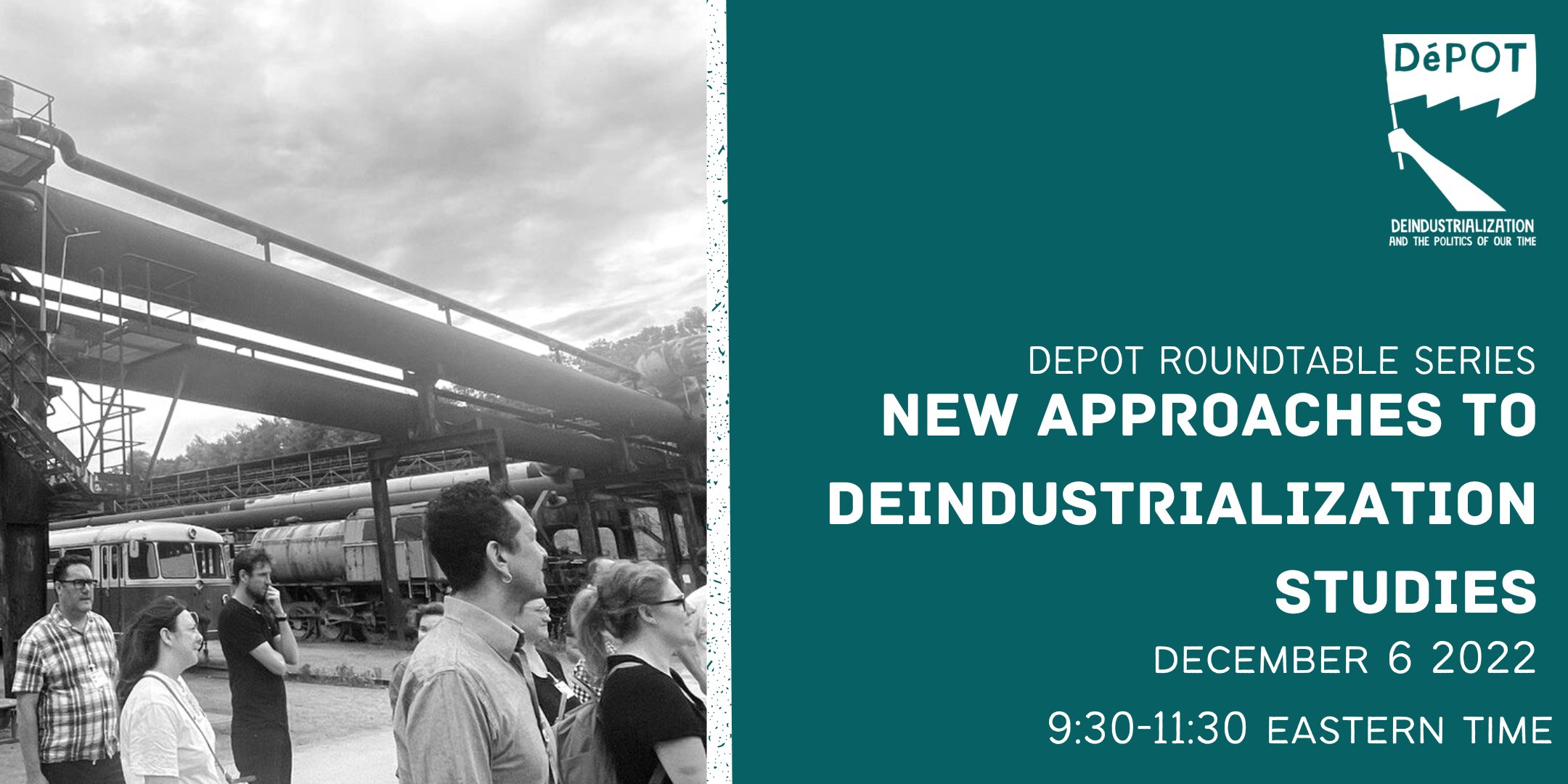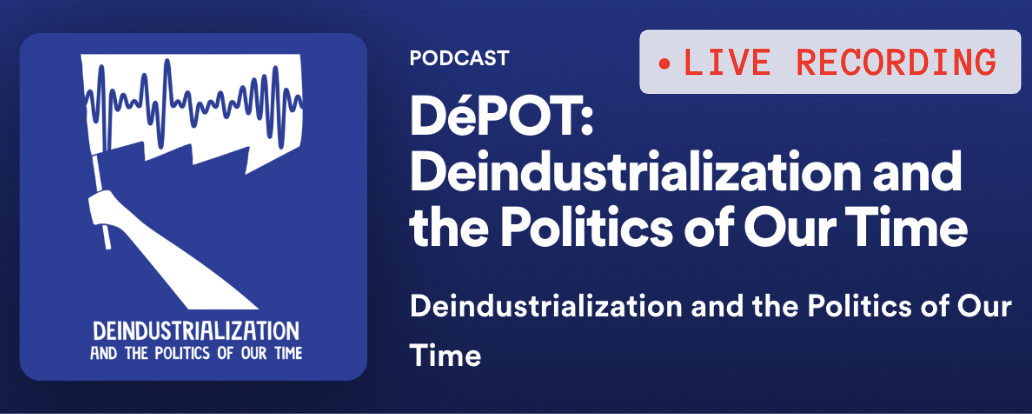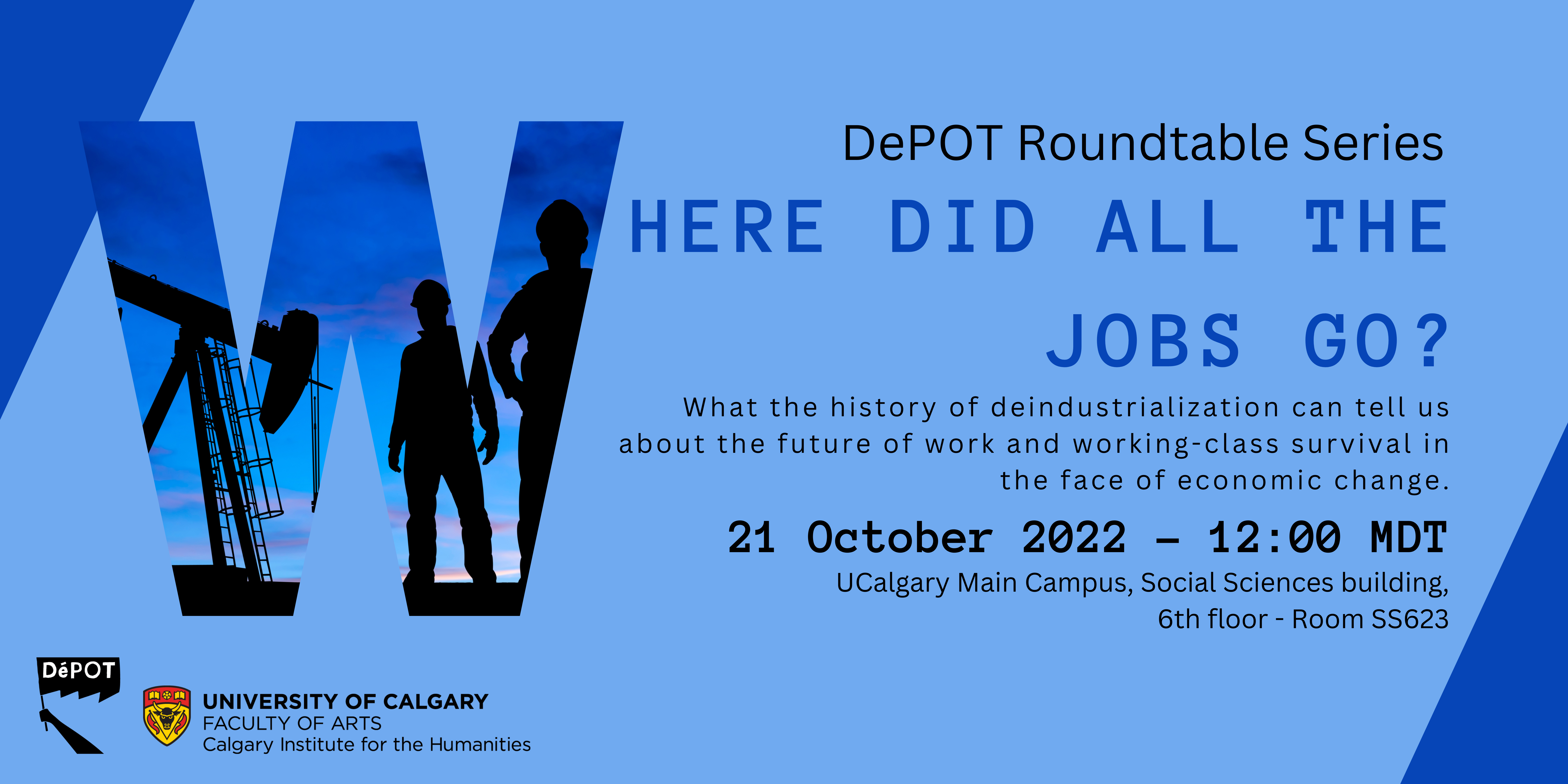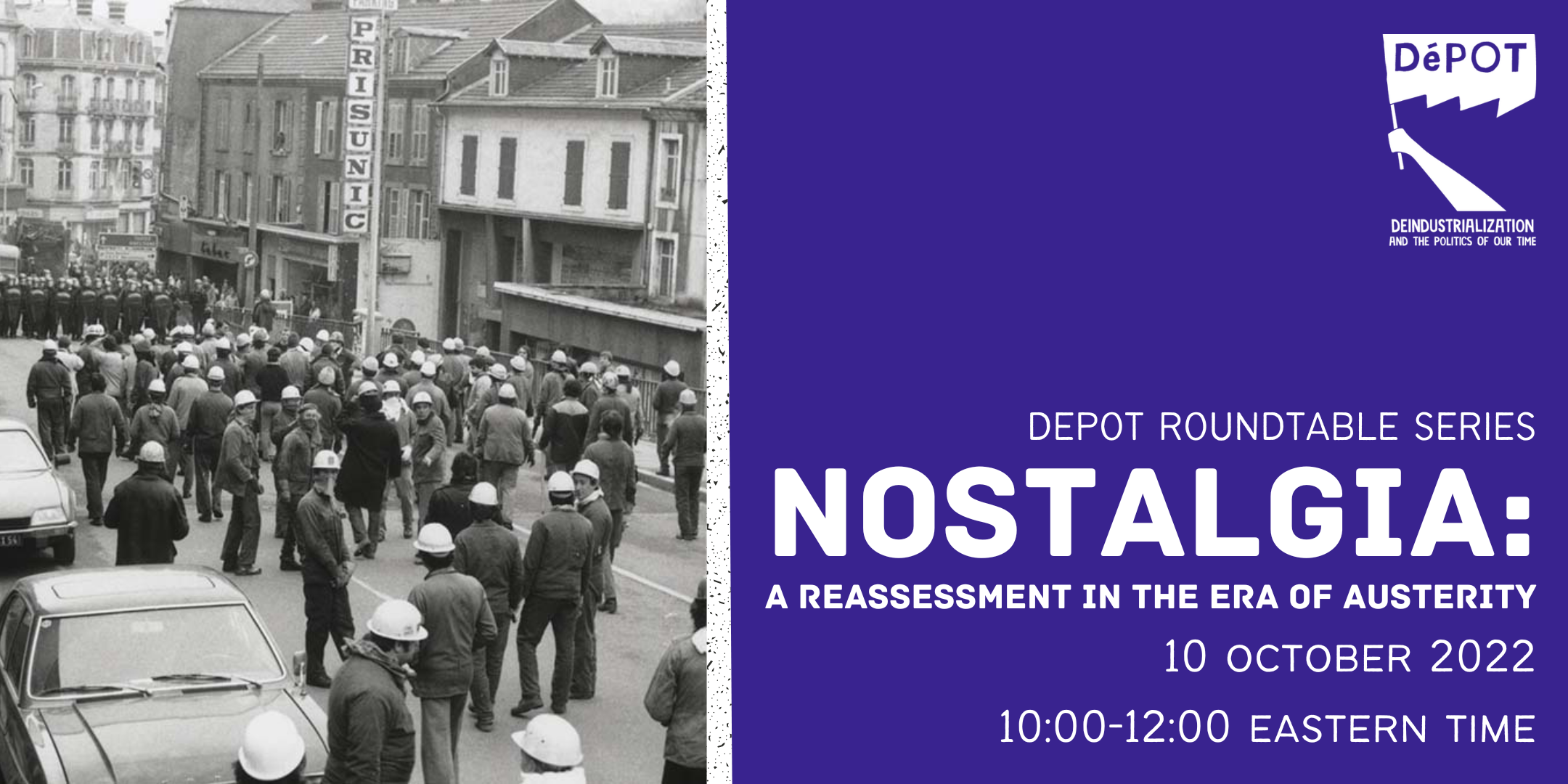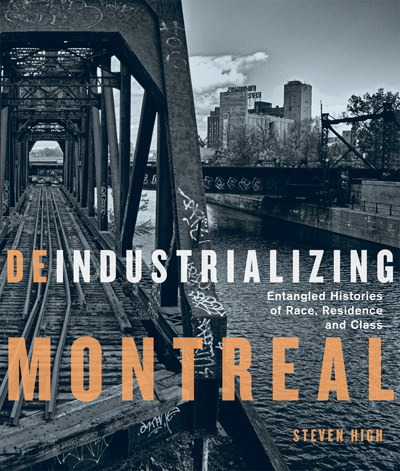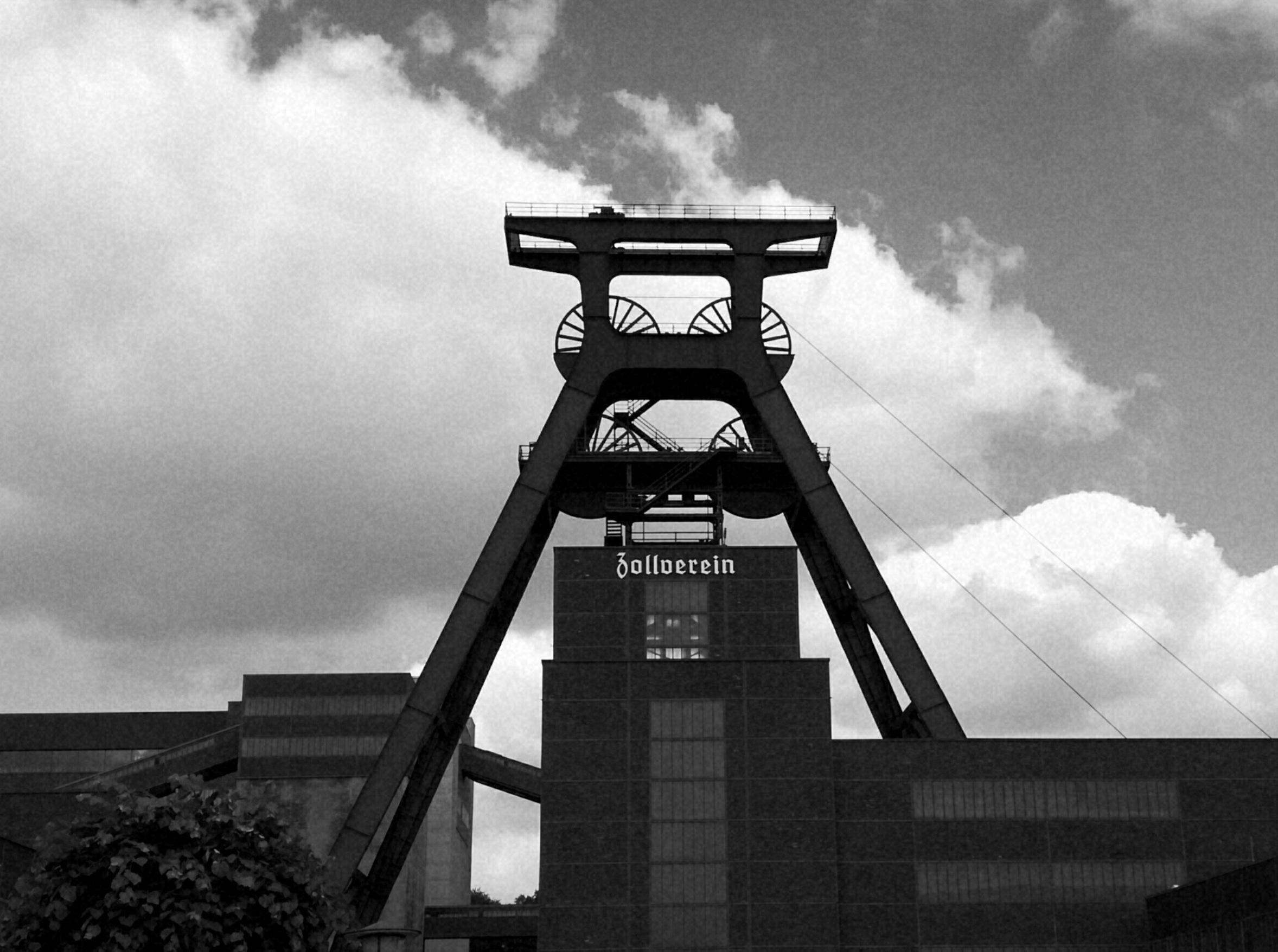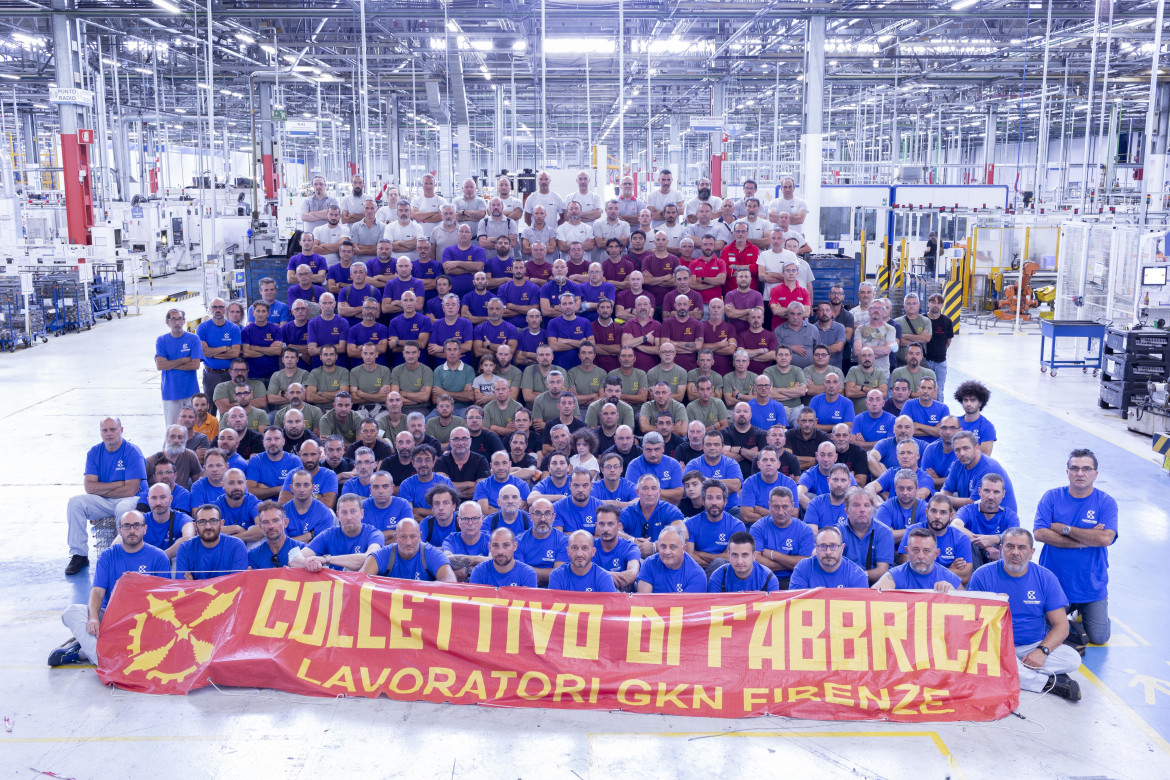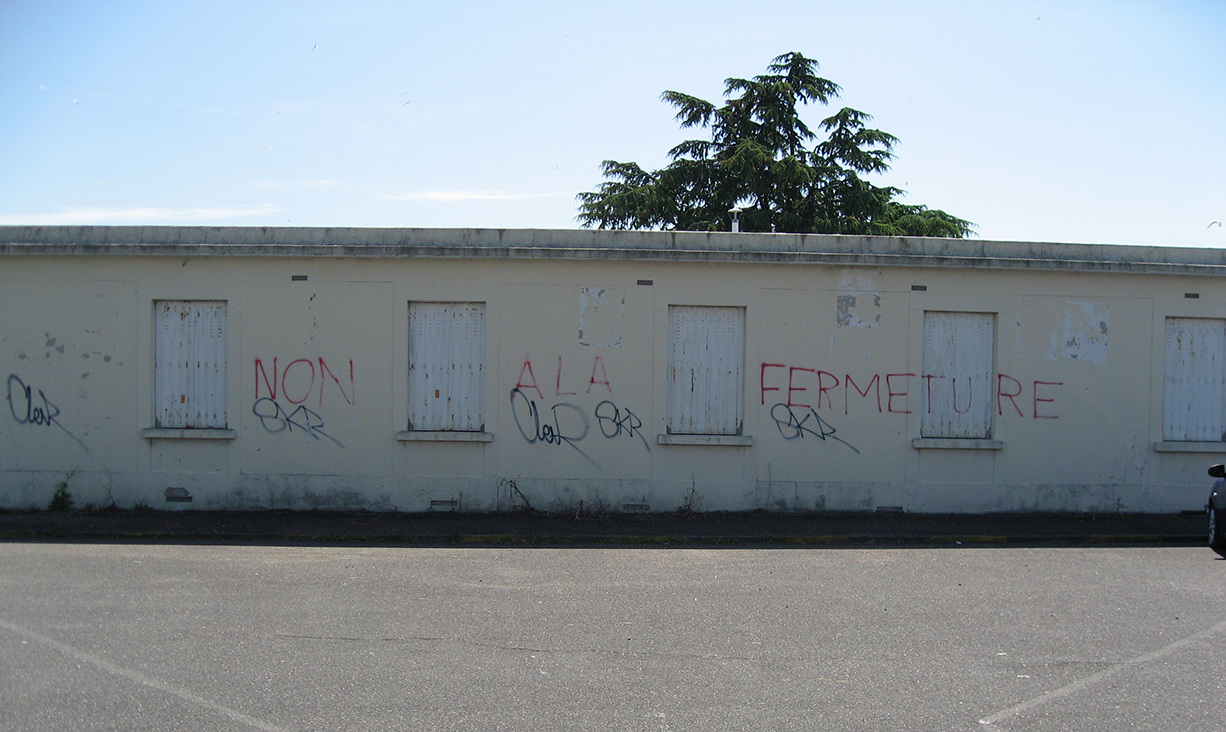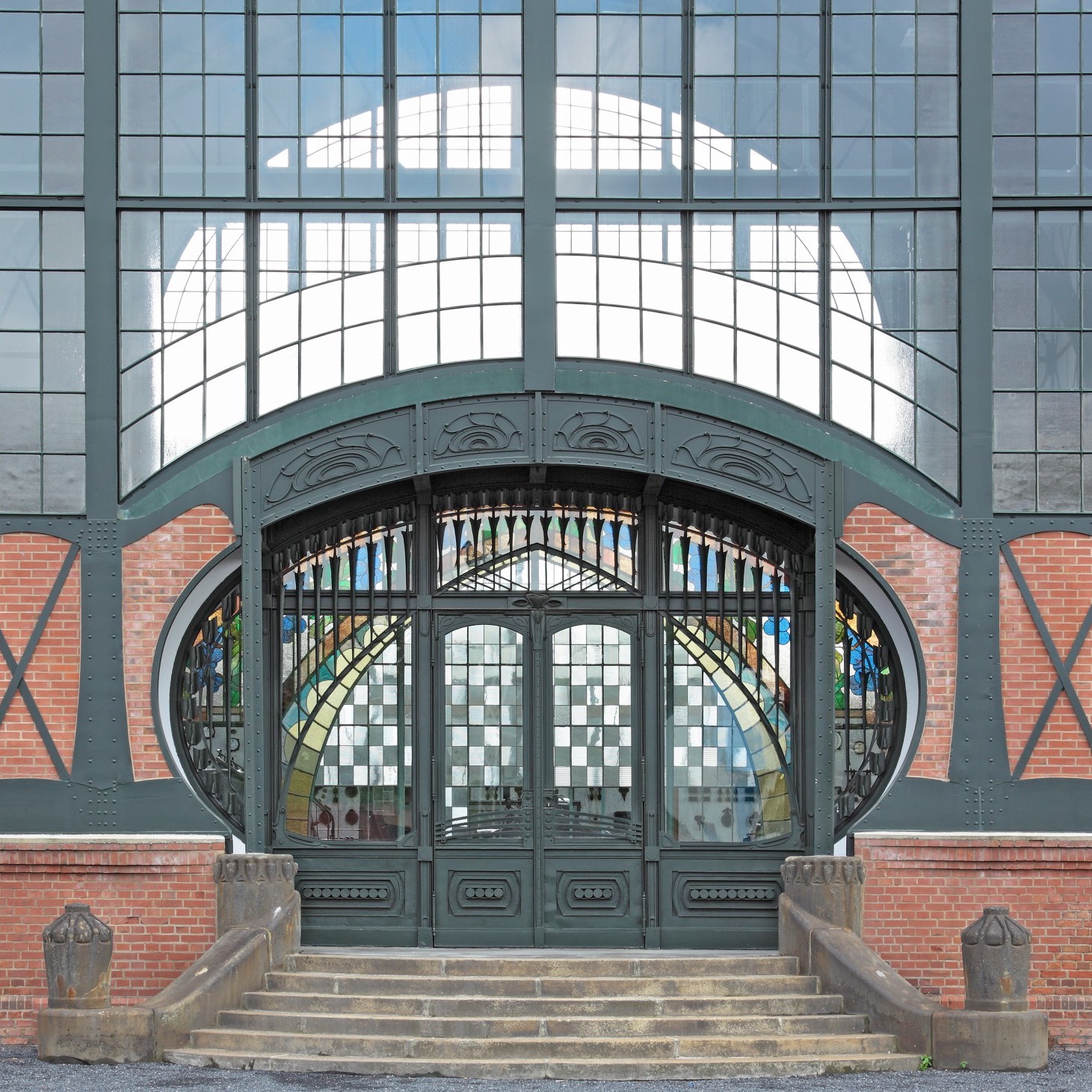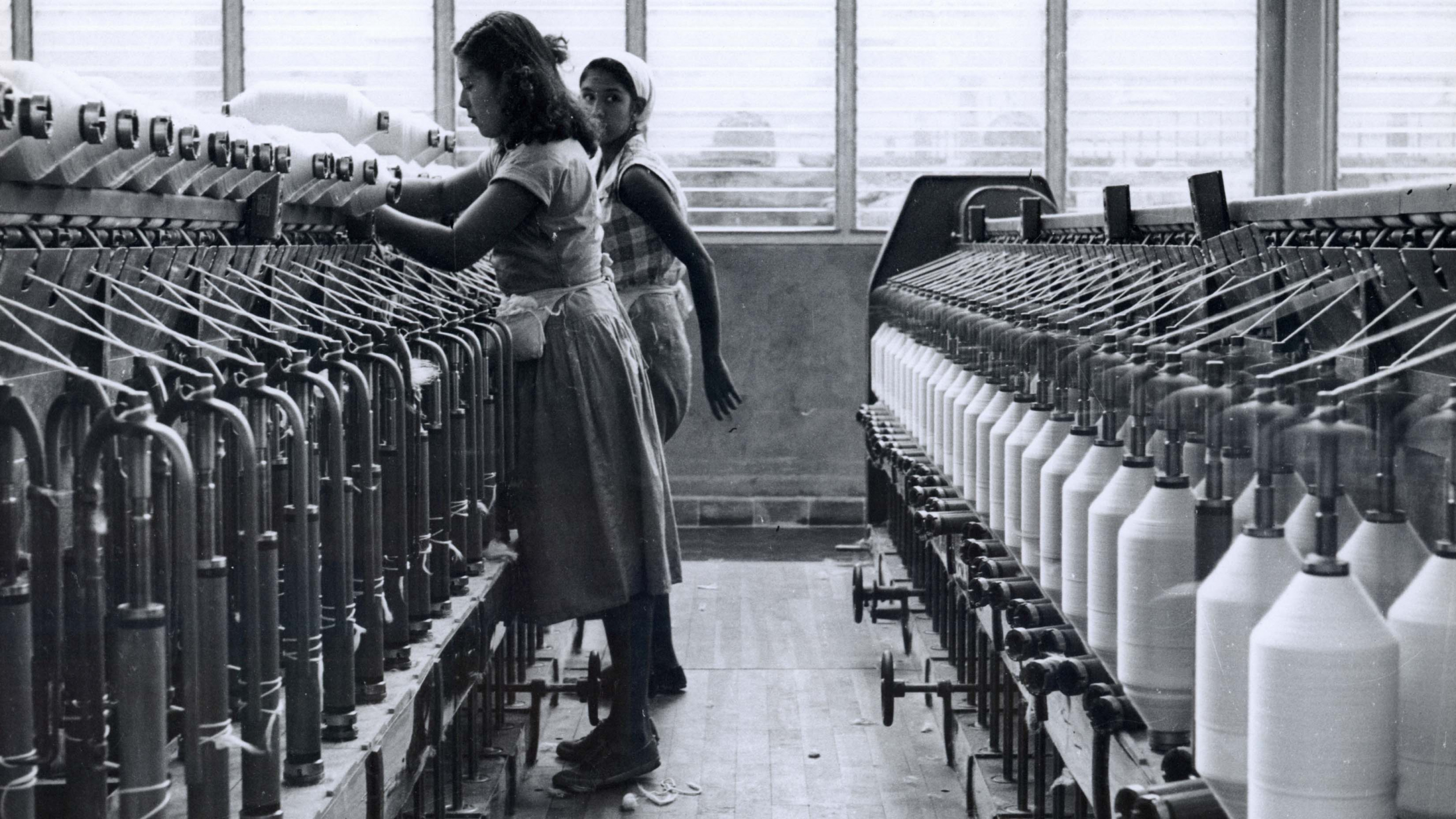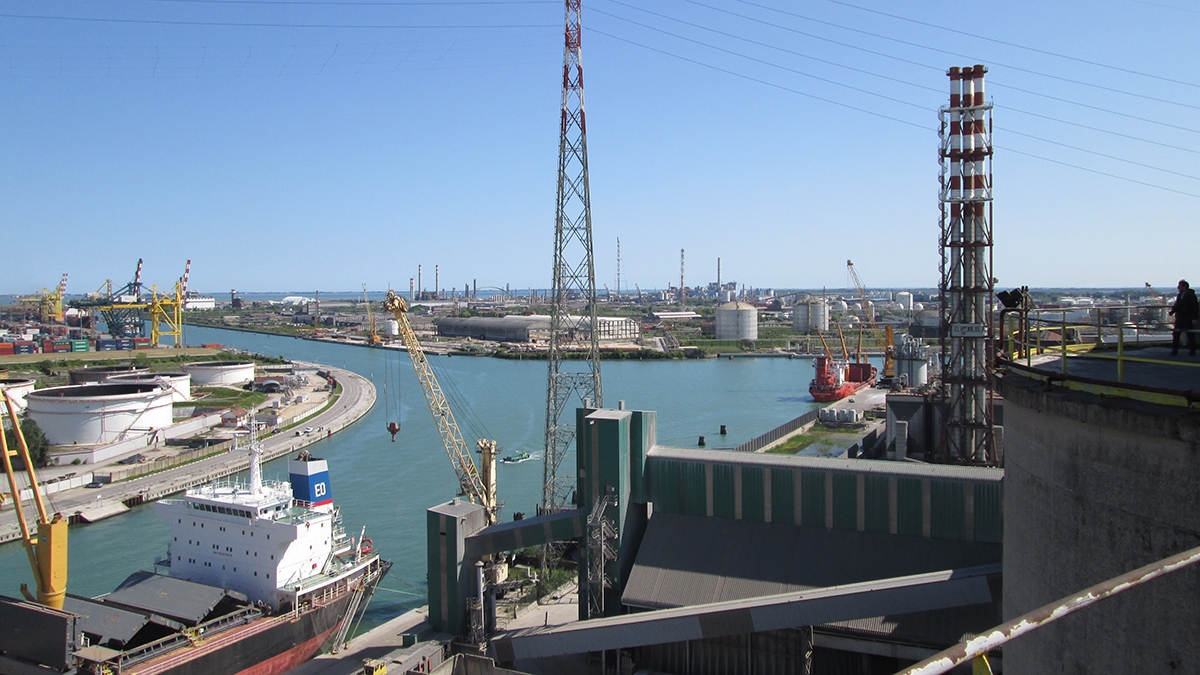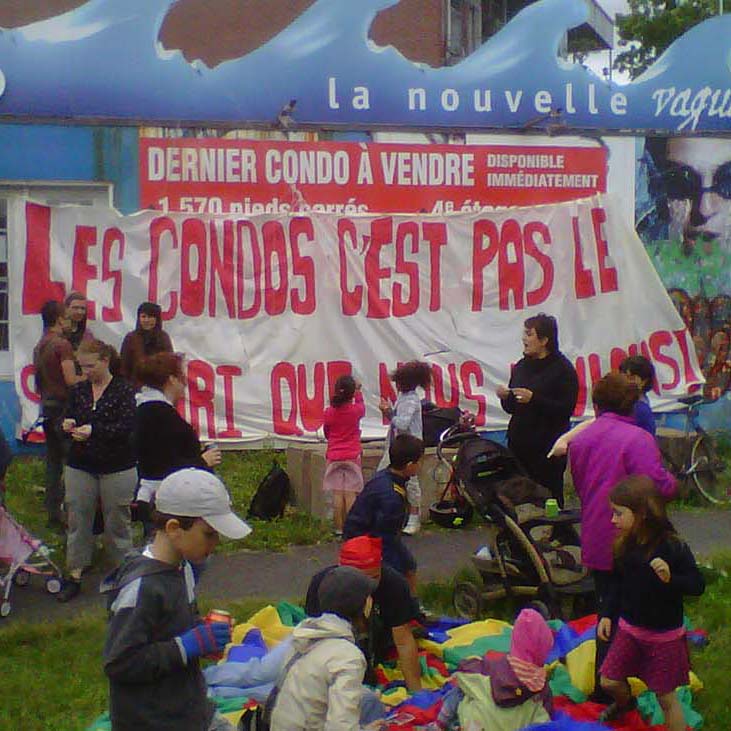This roundtable brings together scholars to focus on the role, and representation, of nostalgia in deindustrialisation studies. In their paradigm shifting piece, Cowie and Heathcott (2003) urged us to 'move beyond' smokestack nostalgia and tales of victimisation through closure. However, 20 years later, this perspective requires revisiting. Across the deindustrialising world, areas formerly built-up around industry continue to suffer from multiple deprivations in: crime; poverty; poor environment; addiction; unemployment; poor health, and more. In this roundtable, we consider how a reassessment of nostalgic reflections, and their meanings, can contribute to our understandings of experience in deindustrialisation's half-life across generations. Taken together, they offer fresh insights into how we can reconnect the history of deindustrialisation with the contemporary experience of those communities worst impacted.
Chairs/Organisers: Dr Hilary Orange (Swansea University) and Dr Andy Clark (Newcastle University)
Presenters:
Andy Clark, Newcastle University
Fred Burrill, Cape Breton University
Jackie Clarke, University of Glasgow
Sinead Burns, Queen’s University Belfast
Stefan Berger, Ruhr-Universitaet Bochum
Magdalena Novoa, University of Illinois Urbana-Champaign.
Ewan Gibbs, University of Glasgow


